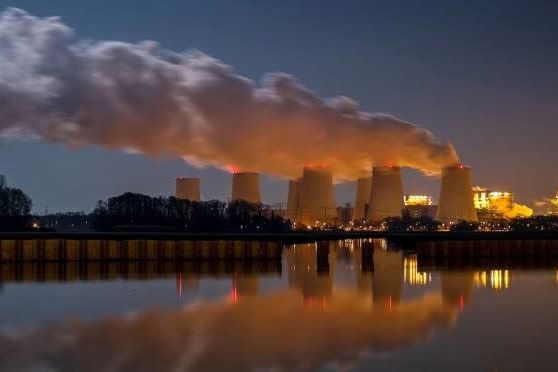Not all green jobs are safe and clean


Roula Khalaf, Editor of the FT, selects her favourite stories in this weekly newsletter.
In a decarbonising global economy, metals may be the new oil. Demand for copper, nickel, cobalt and lithium is likely to surge in the next two decades because of their importance to clean energy technologies, according to the IMF.
This will have wide-reaching implications for the countries that produce them. The Democratic Republic of Congo, for example, accounts for about 70 per cent of global cobalt output and 50 per cent of reserves. Yet cobalt mining there also has well-documented problems with dangerous conditions and child workers, raising questions about the human labour required to help turn the global economy green.
Politicians are promising a “green jobs” bonanza as they prepare to meet in Glasgow for the UN Climate Change conference at the end of this month. It is smart politics, not least because the term “green jobs” summons up images of people planting trees, insulating homes and working in spotless factories to build electric cars. The investment industry also has a tendency to conflate “good for the environment” with “good for employees”, for example by lumping the categories together in corporate ESG ratings. But if the term “green job” means any occupation which helps to restore or preserve the environment, then it applies just as much to someone scrabbling in a hole for cobalt as to someone making wind turbine blades.
The truth is that some jobs involved in greening the economy are dirty and dangerous, and not just the ones in mines. As the European Agency for Safety and Health at Work has put it: “We tend to associate the word ‘green’ with safety — but what is good for the environment is not necessarily good for the safety and health of workers who are employed in green jobs.”
The recycling industry is another example. While it is important to reduce the amount of goods going to landfill, recycling jobs can be hazardous, low paid and insecure. Statistics from the Health and Safety Executive, the UK regulator, show that the rate of fatal injuries in the waste and recycling sector is 17 times higher than the average across all industries, second only to the agriculture, forestry and fishing sector.
Many big recycling centres use a combination of machines and humans who stand at conveyor belts in “sorting cabins” and pick through the moving waste. A study by HSE, which involved visits and air sampling in seven Materials Recycling Facilities, found some workers exposed to high levels of dust and endotoxins. The researchers surveyed 100 of the workers, of whom 84 per cent reported health problems which they attributed to their job, such as skin, respiratory, gastrointestinal and musculoskeletal symptoms.
This is not an argument against greening the economy. Many carbon-intensive jobs are dirty and dangerous too, and we will all suffer if we don’t tackle climate change. But smarter planning could make some of these “dirty green jobs” safer. Electronics recycling is a case in point. There are valuable metals to be extracted from the mountains of electronic gadgets people are discarding (some people call this “urban mining”). But the processes involved in recycling e-waste can release a number of toxic chemicals such as lead, mercury and brominated flame retardants.
This is a particular danger when waste is sent to developing countries such as Ghana, where it is recycled informally, but even in formal settings it can cause problems. Researchers in the US have found workers in e-waste recycling centres with overexposure to lead and cadmium. In one case, a worker’s small children suffered lead poisoning after he inadvertently brought lead home on his clothes and in his hair (his employer did not provide showers).
These problems could be improved by encouraging manufacturers to change the design of new products so that they can be disassembled and recycled more safely. Recent moves by the US, UK and EU to require manufacturers to make their products more repairable should also help.
That means designing products so they can be repaired independently, providing manuals and making spare parts available. Done correctly, these laws should help reduce waste as well as provide new skilled jobs. Health and safety and employment regulators need to step up scrutiny of those occupations which are set to expand quickly as the world takes on the task of reducing its carbon emissions.
There is plenty to be gained from the transition to a low-carbon economy, but it would be a mistake simply to assume green jobs will be good jobs. As Guy Ryder, director-general of the International Labour Organization, has put it: “Green jobs will be made ‘decent’ not by default, but by design.”
As part of our coverage of COP26 we want to hear from you. Do you think carbon pricing is the key to tackling climate change? Tell us via a short survey. We will share some of the most interesting and thought provoking answers in our newsletters or an upcoming story.
Climate Capital

Where climate change meets business, markets and politics. Explore the FT’s coverage here.
Are you curious about the FT’s environmental sustainability commitments? Find out more about our science-based targets here
Comments